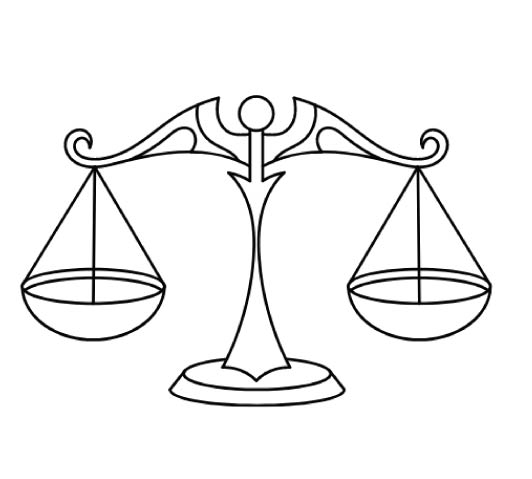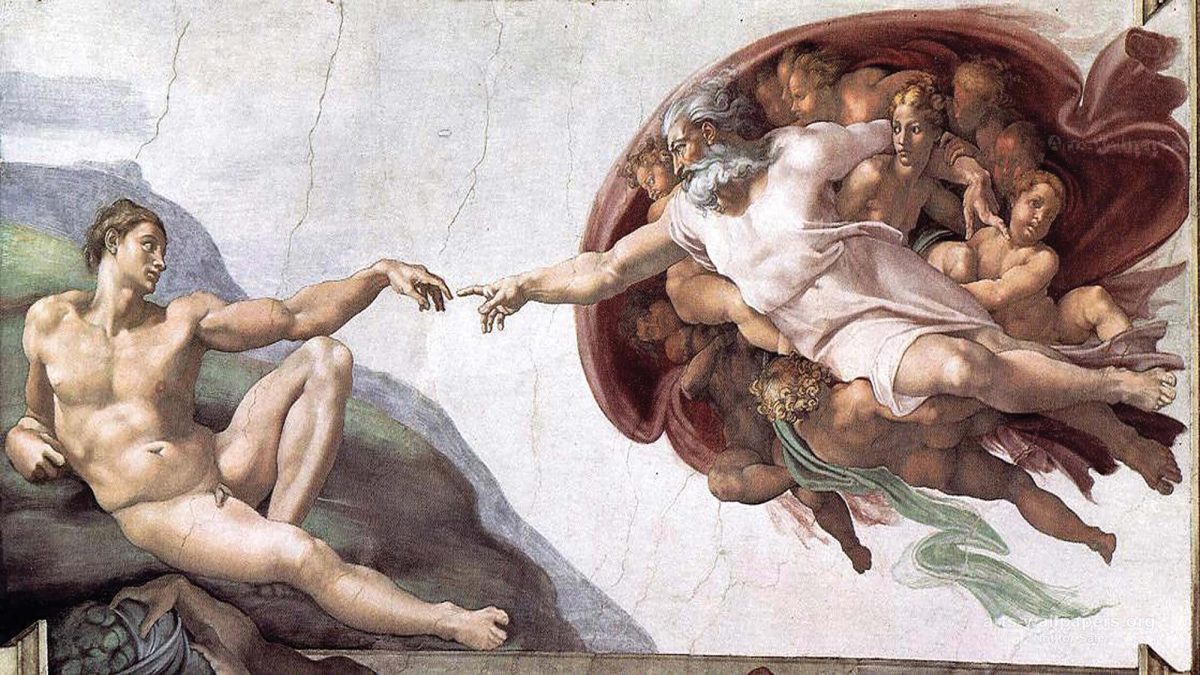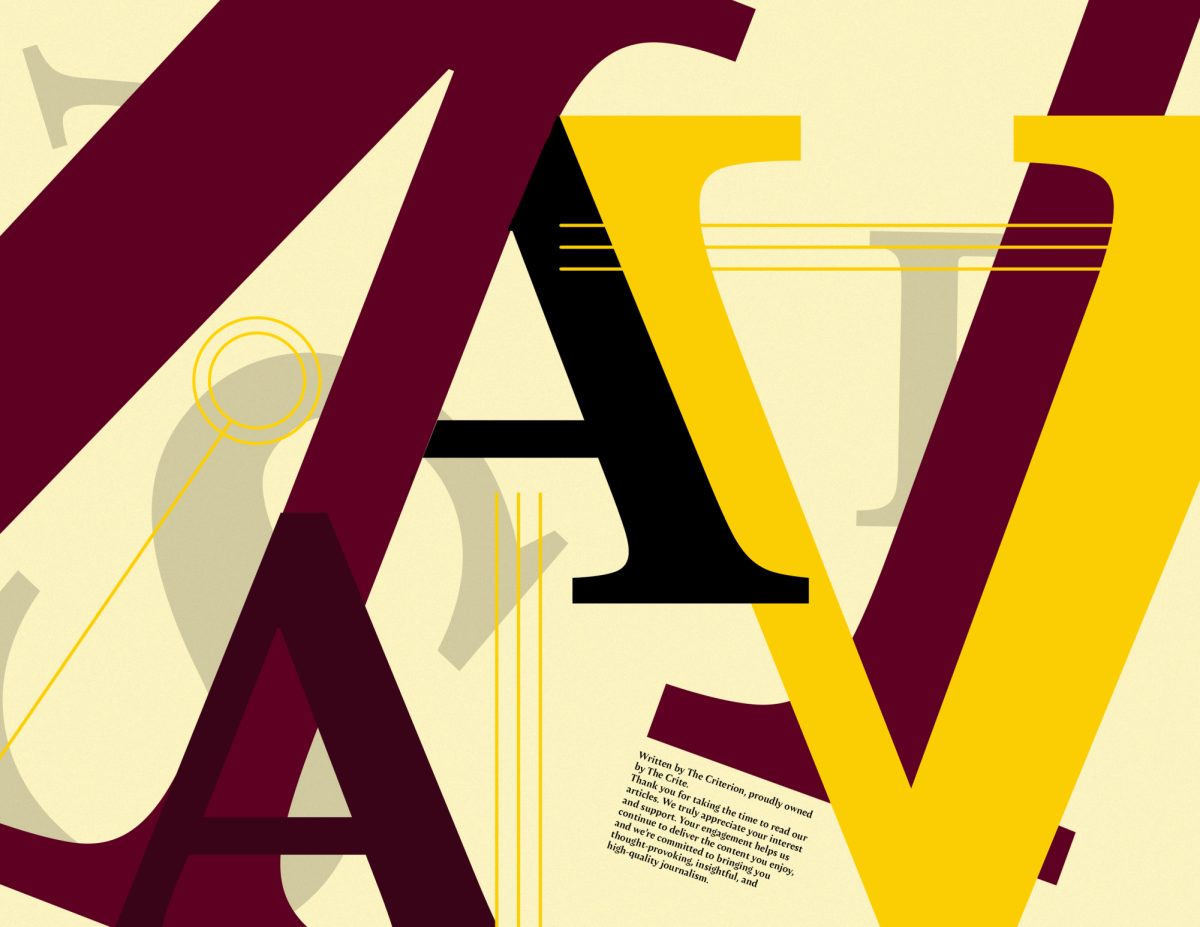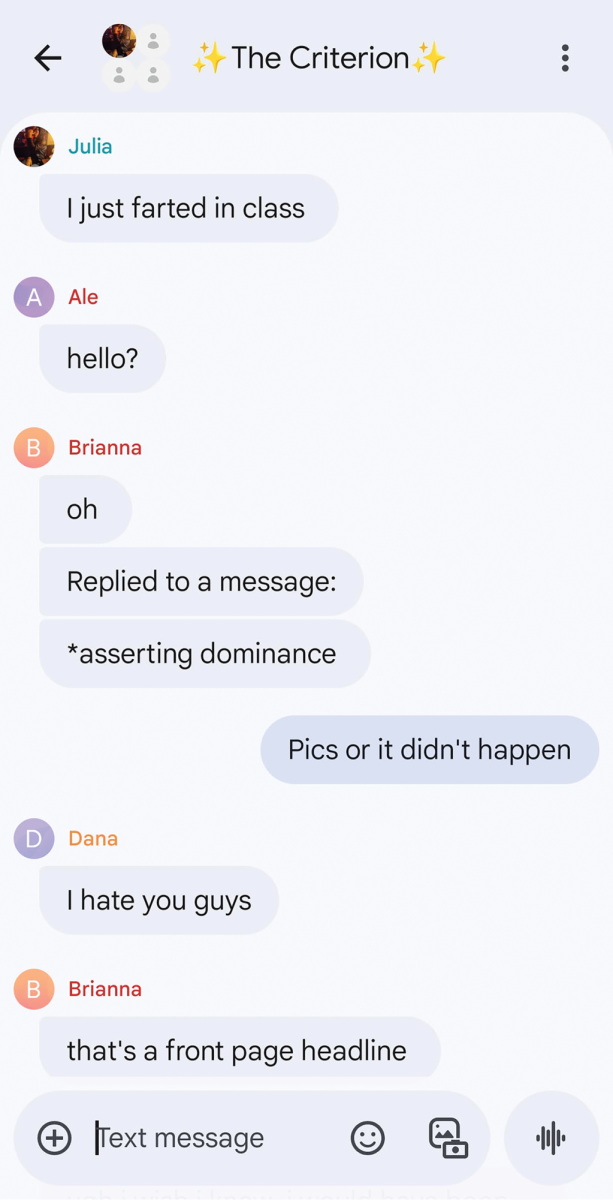As artificial intelligence (AI) continues to become ever more prominent and widespread within our culture, many professionals and students are left to ask themselves: How will this developing AI affect the future of our studies and careers?
With the advent of AI writing software, AI art generation and even programming that can perform its own coding, many students are afraid of the prospects of their future career paths.
While students must reckon with the automation of their studies, professors must now concern themselves with the idea that students can simply delegate their assignments to these developing software.
Currently, the programs are not sophisticated enough to automate these processes entirely.
ChatGTP feels robotic and removes any semblance of individuality that writing requires, AI art generators often add extra fingers or teeth, which create uncanny recreations of what it is to be human and AI coding software can only create simple and unextraordinary lines of code.
However, the development of these technologies is enough to create fear in many of the fields on Colorado Mesa University (CMU)’s campus. When selecting a field of study, students must now weigh the possibility of automation within their field.
Their selection of a major might very well become based on whether technology can perform their jobs better than they can.
There are also concerns surrounding plagiarism and the idea that this software cannot create original thoughts.
Many of these AI pull information from innumerable sources of previously published works and compile them into a new and coherent whole.
However, while the new sentences or images are original in theory, their context and structure are built around the work of a human, who is now being stolen from.
Though many people are facing the prospects of their careers and passions becoming obsolete in a tech-driven world, there are also many reasons that students and professionals should not feel as if these technologies represent the end of the humanities and other fields.
A handful of professors are integrating AI-detecting software that will look for patterns or details that demarcate the work of technology. Software such as Turnitin are currently upgrading their programming to better be able to catch students who submit AI-generated writing.
In terms of automated job markets and the fear of humans’ work becoming second to that of computers, it is clear that humanity will still remain active in many of these fields.
AI-generated writing and art will not be able to speak to any personal experiences, to information that hasn’t been published, or to the individual opinions and emotions that an artist imbues their work with.
In the past, the development of cameras or film were believed to represent the end of the arts. The fear was based on the idea that artists no longer had any reason to paint or draw when the everyday person became capable of capturing a moment clearly and entirely.
However, we recognize now that these technologies simply represented the dawn of a new area within the field. Rather than robbing artists of their role, the camera opened the field to an entirely new sub-genre, and traditional and digital artists began their work side-by-side.
So, while the development of this new AI does have serious implications–with the fear of plagiarism and automation being warranted–students and professionals must recognize that this new technology does not rob us of our humanity.
The rise of this AI simply signals a new beginning to how we make sense of and teach students in these fields. It’s not the end of our humanity but the turning of a new leaf in how we understand the arts.
Professors and students will learn to work alongside these programs and learn how to use them appropriately and to our advantage. Rather than being something that we suppress and avoid, the AI will allow us to make better sense of our own voices and abilities.
In short, the use of this AI will be able to show students that their work is not only about the final product, but rather, it is about the development of our own unique contributions and approach to any given field.
As for the future of our careers, students must recognize that while computers can efficiently and effectively perform many duties, that the heart of most work relies on human interaction and the unique approach we bring to any given situation.









